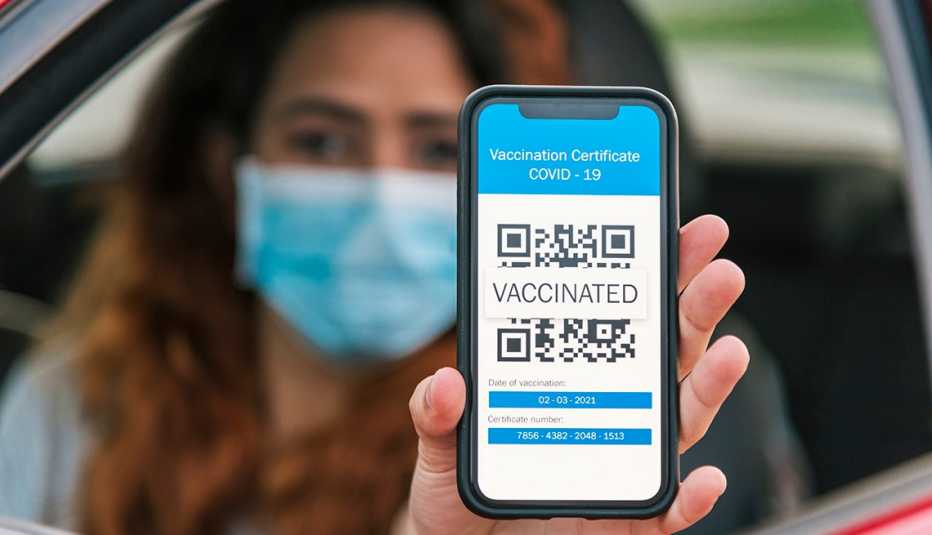Staying Fit


After half a million deaths and more than a year of lockdowns, quarantines, masking and social distancing, the U.S. is in the midst of a vaccination campaign that aims to put an end to the worst of the COVID-19 pandemic. Months of rigorous testing and clinical trials have shown that the vaccines are safe and highly effective at preventing COVID-19 and will likely fend off serious illness or hospitalization even if you do get sick. What's still unclear is just how long that protection will last, or whether we'll eventually need boosters or follow-up shots to protect against new variants of SARS-CoV-2, the virus that causes COVID-19.
A piece of the answer came today from Pfizer, which announced that its vaccine, after the second dose, was shown to be highly effective for up to six months — even against one of the well-known virus variants.


AARP Membership— $12 for your first year when you sign up for Automatic Renewal
Get instant access to members-only products and hundreds of discounts, a free second membership, and a subscription to AARP the Magazine.
That real-world data helps fill in some blanks left by a shorter-then-usual clinical study period for the vaccine. Under normal circumstances, phase 3 vaccine studies would have continued for another few years, showing how long immunity lasts, before the vaccine was distributed to the general public, says Clare Rock, associate professor of medicine in the Division of Infectious Diseases at Johns Hopkins School of Medicine. Because of the extreme emergency related to the pandemic, that process was expedited. “We can look at neutralizing antibodies in people's blood and do some laboratory testing of the vaccine, but it's extremely difficult in the lab to say how long that's going to last for,” says Rock, an infectious disease physician and hospital epidemiologist. “A lot of it is a matter of time passing and seeing what happens.”
What existing viruses tell us about a time frame
So what is likely to happen? Other viruses provide some clues. Those that are classified as stable, like measles or mumps, rarely mutate, and an infection or vaccination will generate lifelong immunity. “If you get measles or get vaccinated against measles, you won't get ill for the rest of your life,” explains William Schaffner, M.D., professor of infectious diseases at Vanderbilt University Medical Center. “The duration of protection is very long, even though measles is very contagious, likely even more contagious than COVID-19."

































































More on Health
Pfizer, Moderna Vaccines Protect Frontline Workers in Real-World Study
New CDC data confirms effectiveness of mRNA shots at preventing coronavirus infections10 Things the Fully Vaccinated Need to Know
Here's what you should and shouldn't do post-vaccination, according to health experts